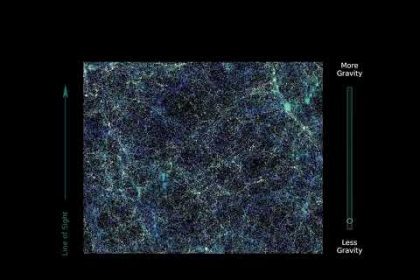Delft University of Technology researchers have succeeded in storing and retrieving quantum information in the nucleus of the titanium atom in a pioneering research. This achievement promises a new era in quantum computing with high security. Quantum information is data stored and processed in quantum computers. This information is stored as fundamental quantum units called qubits.
According to the scientific news department of Tekna Technology Media, a recent study shows that it is possible to secure quantum information inside the nucleus of the atom, away from any external disturbance. This new approach to storage can dramatically increase the security of quantum computing.
Delft University researchers achieved this important achievement by conducting a detailed experiment on titanium atoms (Ti-47). They were able to store quantum information in the nucleus of this atom and then retrieve it. Sander Ott, one of the researchers and professor of physics at Delft University, describes this achievement as a major step in controlling matter at the atomic scale.
Although the nucleus of an atom appears to be a safe environment for storing quantum information, reading and manipulating this information presents challenges. The main reason for these challenges is the very small size of the nucleus and its interaction with other particles within the atom. For example, the ultrafine interaction between the nucleus and its surrounding electrons can affect the spin of the nucleus and thus the information stored in it.
Researchers have proposed a new method to overcome this challenge. By creating a controlled disturbance in the movement of electrons around the nucleus, they succeeded in synchronizing the spin of the electron with the spin of the nucleus. In this way, it was possible to read the information stored in the kernel.
Lukas Veldman, the main author of this research, explains that by applying a voltage pulse, the spin of the electron is thrown out of balance, and as a result, both spins (electron and nucleus) oscillate together for a short period of time. These common oscillations make it possible to read information stored in the core. This important achievement is considered a big step towards the development of quantum computers with high security. By storing quantum information in the nucleus of the atom, they can be protected against all kinds of external threats. This is especially important in areas such as cryptography and cloud computing.
To see the latest news, refer to the scientific news page of Tekna Media.
RCO NEWS
















